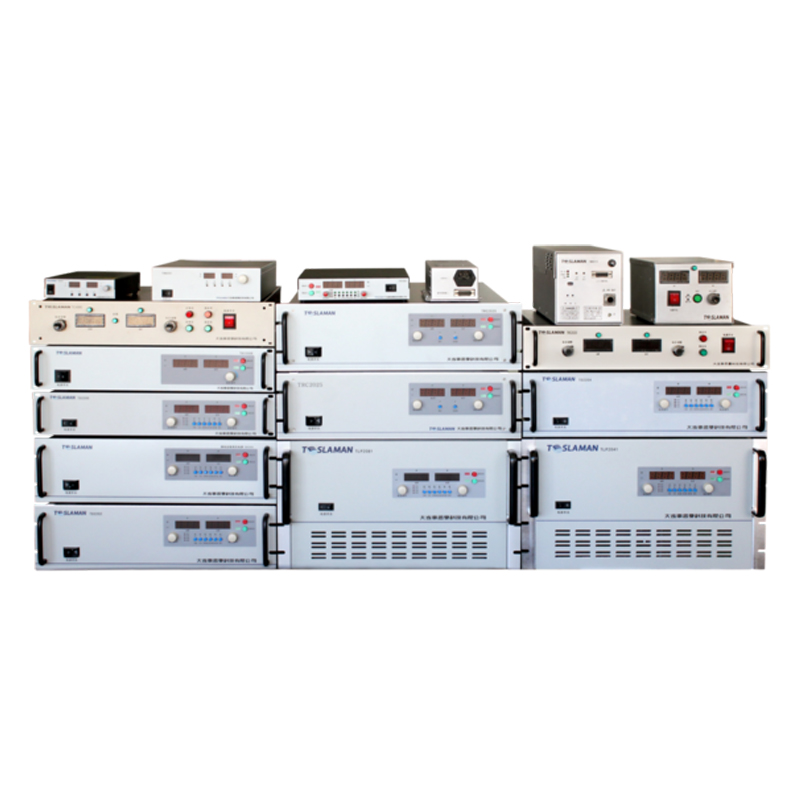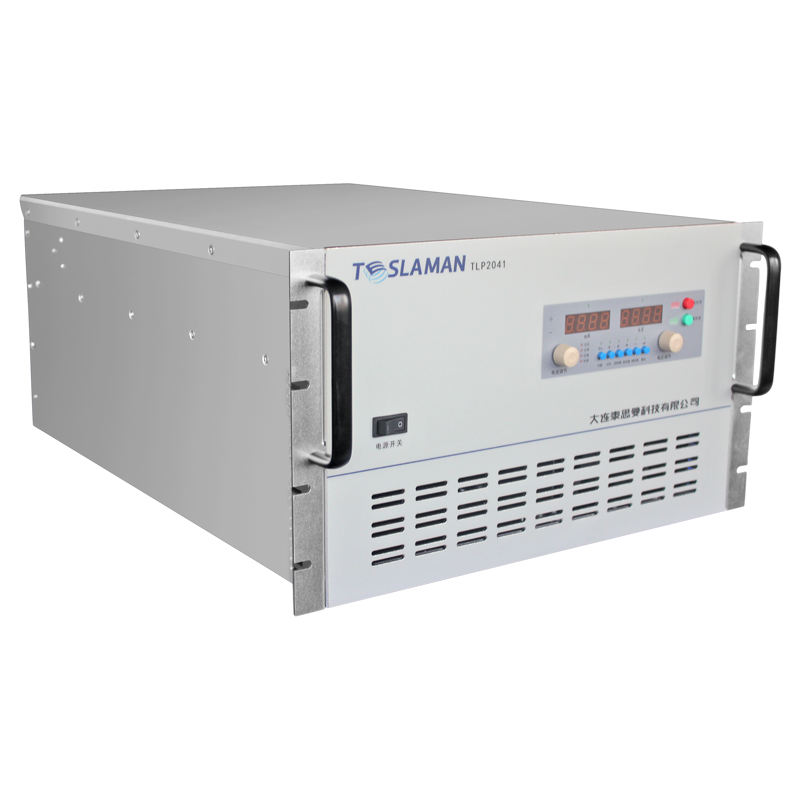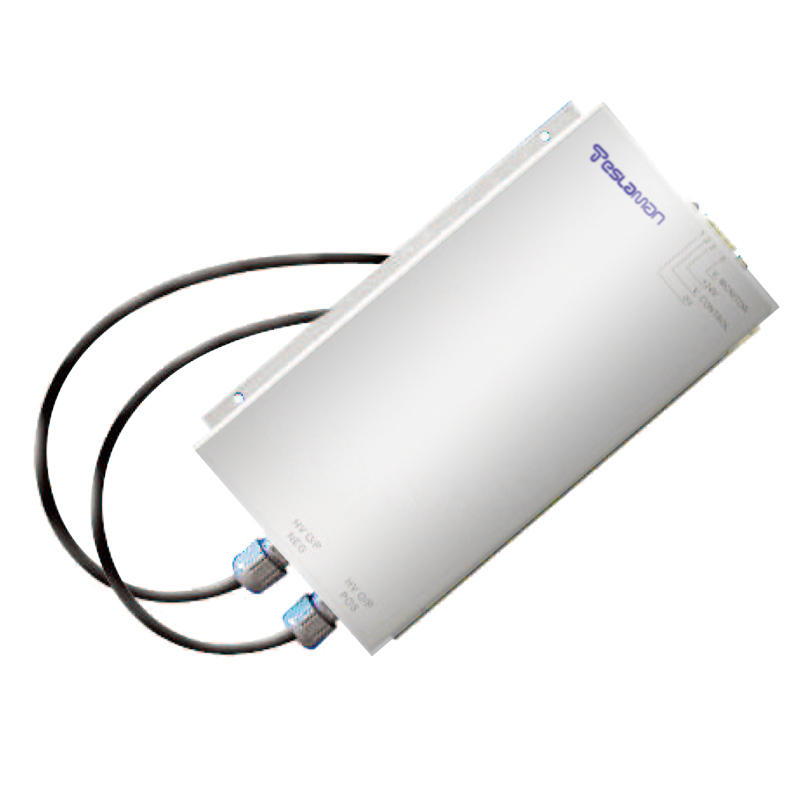Key Technologies of High-Voltage DC Power Supplies in Electrical Tests
During the research, development, production, and operation and maintenance of electrical equipment, electrical tests are crucial for ensuring the safe and reliable operation of the equipment. As a core device in electrical tests, the performance and technical level of high-voltage DC power supplies directly affect the accuracy and reliability of test results. The key technologies of high-voltage DC power supplies in electrical tests cover multiple aspects, and the rational application of these technologies ensures the smooth progress of tests and the validity of data.
The voltage stabilization technology is one of the key points of high-voltage DC power supplies in electrical tests. In tests such as cable withstand voltage tests and DC leakage current tests of insulators, the stability of the voltage has a significant impact on the test results. Slight voltage fluctuations may cause deviations in test data and even lead to misjudgments. High-voltage DC power supplies introduce high-precision voltage feedback control systems, which monitor the output voltage in real-time and compare it with the set value. Once a deviation occurs, the circuit parameters are quickly adjusted to keep the output voltage constant. The combination of advanced PID control algorithms and dynamic response compensation technology can effectively suppress the influence of factors such as grid fluctuations and load changes on the output voltage, ensuring that the test is carried out under stable voltage conditions.
Insulation and protection technologies are also indispensable in high-voltage DC power supplies. Since electrical tests involve high voltages, the insulation performance of the power supply itself is directly related to the safety of testers and equipment. High-voltage DC power supplies usually use composite insulation materials and, combined with optimized insulation structure designs, improve the insulation strength and creepage distance of the equipment. At the same time, they are equipped with complete overvoltage and overcurrent protection devices. When an abnormal situation occurs, the protection system acts quickly to cut off the power output, avoiding equipment damage and safety accidents. In addition, the application of electromagnetic shielding technology can reduce the electromagnetic interference generated during the operation of the power supply, ensuring the normal operation of test instruments and data acquisition systems.
High-precision control technology is the foundation for achieving accurate electrical tests. In tests with extremely high requirements for voltage control accuracy, such as partial discharge tests and high-voltage DC withstand voltage tests, high-voltage DC power supplies need to be able to precisely adjust the amplitude, rise rate, and duration of the output voltage. Modern high-voltage DC power supplies adopt digital control technology. Through high-performance microprocessors and high-speed ADC and DAC modules, they achieve precise control and real-time monitoring of the output voltage. At the same time, combined with advanced control strategies, such as fuzzy control and neural network control, they can flexibly adjust the output characteristics of the power supply according to different test requirements to meet diverse test needs.
Energy feedback technology is another important technology of high-voltage DC power supplies in electrical tests. In some long-term electrical tests, most of the energy consumed by traditional power supplies is dissipated in the form of heat, resulting in energy waste. The application of energy feedback technology can return the excess electrical energy generated during the test to the power grid, not only improving energy utilization efficiency but also reducing test costs and the heat dissipation pressure of the equipment. This technology uses specific converter devices to convert DC electrical energy into AC electrical energy with the same frequency and phase as the power grid, realizing two-way energy flow.
As electrical equipment develops towards higher voltages and larger capacities, the technical requirements for high-voltage DC power supplies in electrical tests are also increasing. In the future, high-voltage DC power supplies will develop towards higher precision, higher stability, and greater intelligence, continuously providing strong support for the progress of electrical test technologies.




















